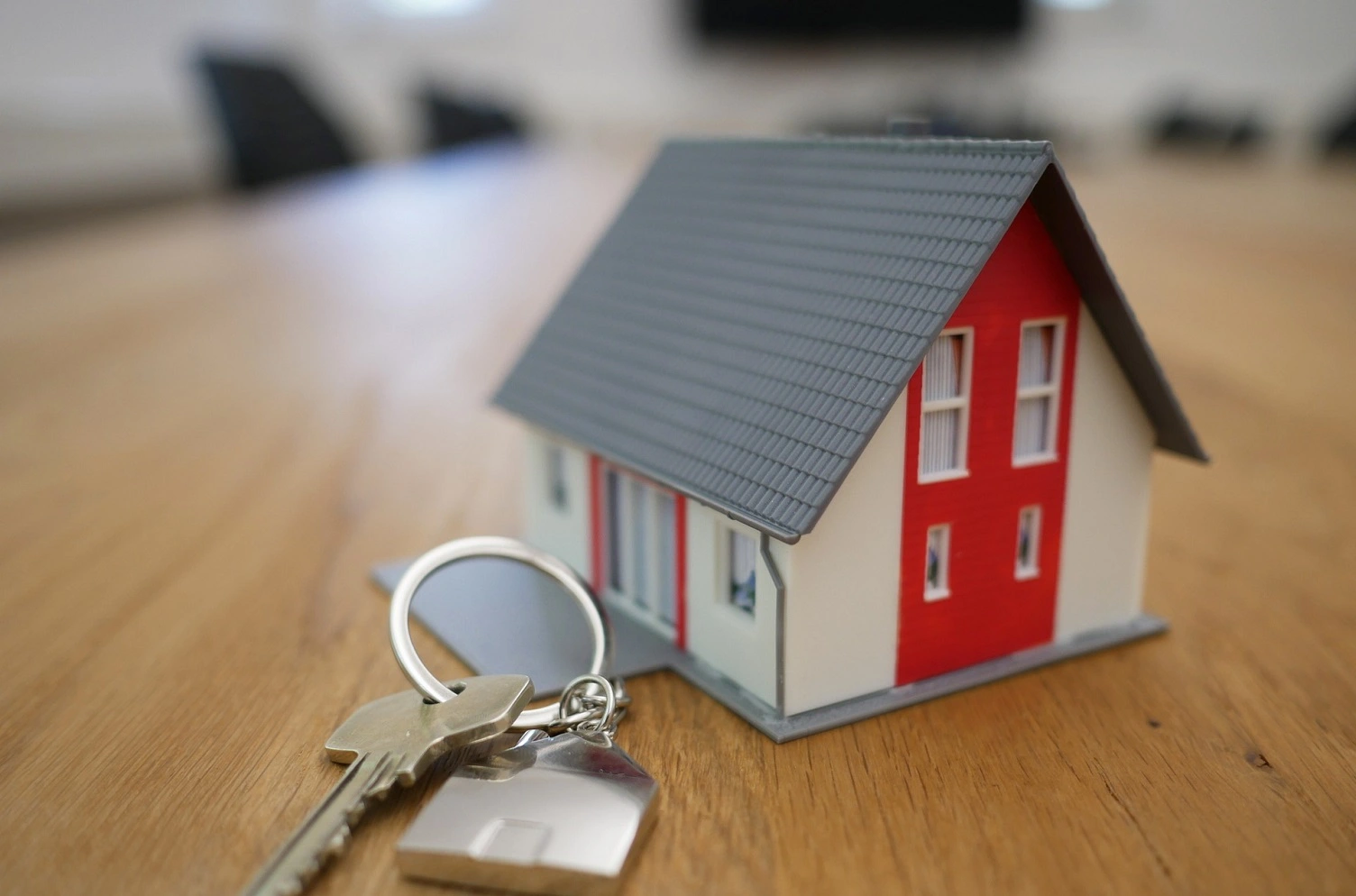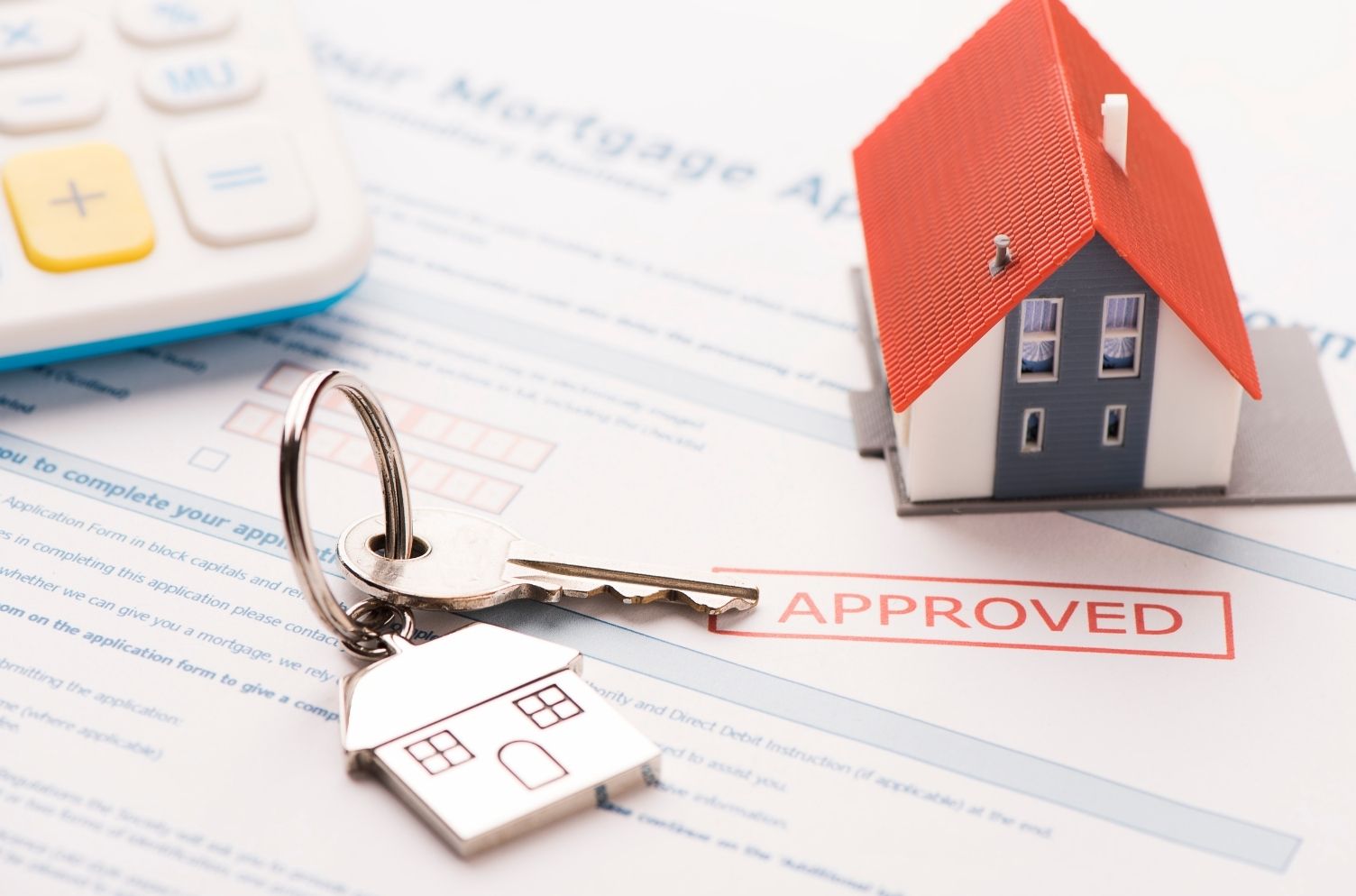Beyond The Score: Accessing Mortgage Options With Bad-Credit

Struggling to get a mortgage because of bad credit feels tough. Mortgages for bad-credit holders do exist but come with strings attached, like higher interest fees and bigger deposits needed.
This article will guide you through improving your odds for a loan and exploring alternative ways to secure home financing. Keep reading for smart moves on mortgages.
Understanding Bad Credit and Mortgages
Bad credit file means a low number that sums up your loan history, making banks wary about lending you money. If you have marks like late mortgage payments or defaults on your record, getting a home loan might seem tough but it's not impossible.
What is bad credit?
Bad credit develops from missing credit card bills, failing on debts, and applying for loans too often. These actions hurt your credit score, a number that banks and mortgage lenders look at to decide how risky it is to lend you money.
A poor credit history means you've had trouble managing past debts which can scare off lenders because they fear you might not pay back new loans either. With bad credit, finding good deals on mortgages becomes harder since options with low interest rates are less available.
A strong financial future starts with understanding your past.
After learning what bad credit is, we'll explore how it affects mortgage options next.
How does bad credit affect mortgage options?
Understanding what bad credit means leads us directly to its impact on mortgage options. Lenders see people with bad credit as higher risks. This perception can lead to less favorable mortgage terms.
Specifically, individuals might face higher interest rates and might need to put down a larger deposit when applying for a home loan. These conditions make it more challenging for potential homeowners to secure affordable borrowing options.
Mortgage providers have various criteria for lending money, meaning that what counts as bad credit can differ from one lender to another. Actions like missed payments, defaulting on loans, and frequently applying for new credit can harm your standing with these lenders.
Consequently, those with lower scores often find themselves eligible only for sub-prime mortgages designed specifically for high-risk borrowers—characterized by increased costs and limits on how much you can borrow compared to standard mortgages.
Can you get mortgage with bad credit?
Yes, getting a mortgage with bad credit is possible. Lenders look at your entire financial situation, not just your credit history. They consider your income, expenses, and how well you manage money now.
Some lenders specialize in bad credit mortgages but might ask for a higher deposit or charge more interest. This means you could pay more each month.
Mortgages for people with poor credit often need proof that you've started fixing your finances. You should check your credit report from agencies to make sure it's right and show lenders any improvements or explanations for past troubles.
Meeting with a mortgage broker can help too. They understand which lenders are willing to work with someone who has had defaults or county court judgments in their past.
Tips for Improving Your Chances of Getting a Mortgage with Bad Credit
Improving your credit score plays a huge part in making you look better to lenders. Paying off overdue bills and reducing your debt can help fix your financial image. Working with a mortgage advisor shows you the right steps to take for someone in your situation.
They know all about different loan types, like fixed-rate or interest-only loans, and which one might fit you best even if your credit isn't great.
Working with a mortgage broker
Working with a mortgage broker can open up many doors for those looking to get a mortgage with a bad credit history. Firms like Revolution Finance Brokers Ltd specialize in finding affordable solutions for people who have faced financial hurdles, such as bankruptcy or defaults on repayments.
These brokers have access to loans from various lenders, not just the big banks, allowing them to find competitive rates that suit your budget and financial situation.
Mortgage brokers understand how credit reference agencies view your financial past and work tirelessly to negotiate terms that could lower your loan-to-value ratio or secure more favorable interest rates.
This expertise means they can guide you through the process of applying for both secured and unsecured loans, remortgage options, or even fixed-rate mortgages specifically for first-time buyers with less-than-perfect credit histories.
Improving your credit score
After consulting with a mortgage broker to understand your options, focus on boosting your credit score. Start by checking your credit report regularly for mistakes. If you find any errors, correct them promptly.
This action can prevent misunderstandings that might lower your score. Also, try to add explanations for past financial problems directly to your report. Lenders often review these notes when making their decisions.
Paying credit card bills and loan payments on time is crucial. Missing payments or defaulting on loans signals lenders that you're a riskier borrower. Aim to keep the balances low on your credit cards too; this shows you manage debt well and don't rely heavily on borrowing.
Each of these steps will improve your chances of getting approved for a mortgage and may also secure you more favorable terms.
Your history of paying bills and debts matters most in repairing and improving your financial standing.
Saving for a larger down payment
Improving your credit score is a big step, but saving for a larger down payment can also boost your chance of getting a mortgage with bad credit. A bigger deposit means you're asking to borrow less money.
This makes lenders see you as less of a risk. If you save 20-25% of the home’s value for your down payment, lenders might be more willing to offer you a loan even if your credit isn't perfect.
To start saving, set up a budget that includes cutting back on unnecessary spending and putting extra cash into savings each month. Consider tools like mortgage calculators to figure out how much more you need to save for your desired property value.
Every dollar saved is one step closer to owning your dream home despite having bad credit in the past.
Applying for a joint mortgage
Applying for a joint mortgage means two or more people buy a home together. This can be friends, partners, or relatives. Everyone who applies will have their credit history checked by the lender.
If one person has bad credit, it might make getting a mortgage tougher but not impossible. Lenders look at the combined income and debts of everyone applying. This could help if one person earns more or has better credit.
Having someone else on the mortgage often lets you borrow more money because the lender considers both incomes. Each person is fully responsible for the loan. If one person can't pay, the others must cover it to avoid defaulting.
Before applying, all parties should agree on how to handle payments and what happens if someone wants out in the future. Mortgage advisers can guide through this process and help find lenders open to applicants with diverse financial backgrounds.
Alternative Options for Getting a Mortgage with Bad Credit
Exploring other ways to secure a home loan opens doors for those with poor credit histories. Guarantor backing or pausing to fix your financial standing are viable paths to consider.
Using a guarantor
A guarantor, often a parent or older family member, steps in to reassure lenders about your monthly payments if you're chasing a mortgage with a bad credit history. This move can seriously boost your chances of securing the loan you need.
Lenders see it as an added layer of security, making them more willing to hand over the funds despite any blotches on your credit record.
By having someone vouch for you through a guarantor loan, you effectively provide the lender with extra insurance against defaults. This method improves your appeal to financial institutions and opens doors that bad credit might have closed.
It's like getting a co-signer who believes in your ability to manage mortgage debt responsibly, offering peace of mind to both you and the lender involved.
Waiting and reapplying at a later time
Choosing to wait and reapply for a mortgage later offers you time to boost your credit score. Improving your credit score is key because it opens the door to getting a mortgage with better conditions.
You might start by tackling issues like missed credit card payments or resolving defaulted loans. This approach proves beneficial as these negative impacts on your credit report can decrease over time.
During this period, make regular checks on your credit report for mistakes and correct them if necessary. Cleaning up your credit history helps in raising your score and demonstrates financial responsibility to lenders.
By the time you decide to reapply, you could qualify for lower interest rates or a more substantial loan amount, making homeownership more accessible and affordable.
Conclusion
Getting a home loan with a poor credit history is tough but not impossible. Exploring different lending options and working on improving your financial standing can open doors to becoming a homeowner.
Every step, from reviewing your credit report for mistakes to making timely payments, counts towards boosting your appeal to lenders. Assistance from professionals, like a mortgage lender and debt advisors, offers guidance through this challenging process.
Taking control of your finances today paves the way for securing that dream home tomorrow despite past financial hiccups.
FAQs
1. How can I get a mortgage with bad credit history?
You can still access a bad credit mortgage even with a bad credit history by considering options like guarantor loans, equity-based deals or fixed-rate mortgages.
2. What role does loan-to-value play when accessing mortgage options with bad credit?
The loan-to-value ratio is crucial as it may determine the interest rates on your mortgage. Higher ratios may lead to higher rates, making budgeting for first-time buyers more challenging.
3. Can I refinance my conventional mortgage if I have a bad credit rating?
Yes, you can refinance your conventional mortgage despite having poor ratings from agencies.
Related Posts
Ask the Expert
Mortgage Brokers




